ABB Bailey SPNIS21 Card – Advanced Industrial Control and Automation Solution
In the modern industrial landscape, efficient and reliable control systems are crucial for ensuring smooth operations, reducing downtime, and improving overall system performance. The ABB Bailey SPNIS21 card is a cutting-edge component that plays a critical role in achieving these goals. This high-performance card is designed for use within ABB’s distributed control systems (DCS), including the INFI 90, Net 90, and Symphony Harmony platforms, offering seamless integration, high reliability, and advanced signal processing capabilities.
In this detailed article, we will explore the ABB Bailey SPNIS21 card, delving into its features, technical specifications, applications, and the various advantages it brings to industrial automation systems. Additionally, we will highlight how this product enhances control, monitoring, and communication within a wide range of industries, helping them meet the ever-growing demands for efficiency, safety, and sustainability.
1. Introduction to the ABB Bailey SPNIS21 Card
The SPNIS21 card is part of the ABB Bailey automation and control systems, specifically designed to interface with field devices and communicate data to central control units. With its advanced signal processing abilities, the SPNIS21 card enhances the performance and reliability of automation systems across various industrial sectors, including power generation, oil and gas, chemical processing, manufacturing, and water treatment.
At its core, the SPNIS21 card is an input/output (I/O) interface card that connects various sensors, actuators, and other field devices to the distributed control system. It ensures real-time data transmission between field devices and control systems, making it possible to monitor, control, and optimize processes efficiently.
The SPNIS21 card’s flexible design and scalability make it suitable for both small-scale applications and large-scale industrial systems. Its integration with ABB’s DCS systems ensures that industries can take full advantage of automation technologies to improve productivity and reduce operational costs.
2. Key Features of the ABB Bailey SPNIS21 Card
Advanced Signal Processing
The SPNIS21 card excels in its ability to process both analog and digital signals in real-time. It ensures the accurate conversion of field signals into data that can be used by the control system for decision-making. This real-time processing ability is crucial in applications where time-sensitive responses are necessary. Whether it’s measuring temperature, pressure, or flow rates, the SPNIS21 card ensures that control systems have access to accurate, up-to-date data for decision-making.
Seamless Integration with ABB DCS
One of the standout features of the SPNIS21 card is its seamless integration with ABB’s INFI 90, Net 90, and Symphony Harmony distributed control systems. This integration allows for centralized control and monitoring of industrial processes, improving overall efficiency and reliability. Whether in a legacy system or a newer configuration, the SPNIS21 card ensures compatibility with ABB’s full range of control systems, ensuring smooth communication and data flow.
Real-Time Communication and Data Handling
The SPNIS21 card facilitates real-time communication between the field devices and the central control system. This is crucial for industries like power plants, where real-time data is required to maintain safe and efficient operations. The SPNIS21 card also supports a variety of communication protocols, ensuring that it can easily connect to different field devices regardless of their communication type. This flexibility enhances its usability and reduces the complexity of system integration.
Modular Design for Scalability
The SPNIS21 card is part of a modular system, allowing users to add or remove I/O cards as needed. This modularity ensures that the system can scale easily as the demands of the application grow. This is particularly beneficial in industries that are undergoing expansion or experiencing fluctuations in system requirements, as the SPNIS21 card allows for quick upgrades or adjustments without the need for a complete overhaul of the system.
Energy Efficiency and Reliability
Energy efficiency is a key consideration in industrial systems, and the SPNIS21 card is designed with this in mind. It operates with low power consumption, helping industries reduce their overall energy usage and operational costs. Moreover, the card is built to be highly reliable, with built-in protection mechanisms such as overvoltage and overcurrent protection, ensuring its long-term performance in even the most demanding industrial environments.
User-Friendly Diagnostics and Maintenance
The SPNIS21 card features built-in diagnostic tools that make it easier for operators to monitor the health of the system. These diagnostics provide real-time alerts about potential issues, allowing for quick intervention and minimizing downtime. Additionally, the card’s modular design makes maintenance straightforward, reducing the time and effort required to replace or upgrade components.
3. Technical Specifications of the ABB Bailey SPNIS21 Card
| Parameter | Specification |
|---|---|
| Model Number | ABB Bailey SPNIS21 |
| Product Type | Input/Output Interface Card |
| Input Signals | Analog (4-20mA, 0-10V), Digital, Relay |
| Output Signals | Analog, Digital, Relay Contacts |
| Communication Protocols | Ethernet, Serial, Fieldbus |
| Signal Processing Speed | Real-time, high-speed processing |
| Operating Temperature | -10°C to +60°C |
| Storage Temperature | -25°C to +85°C |
| Mounting Type | Rack-mounted |
| Housing Material | Corrosion-resistant metal |
| Protection Features | Overcurrent, overvoltage, thermal protection |
| Weight | Approx. 1.5 kg |
| Certifications | CE, UL, ABB industrial compliance |
| Dimensions | 150mm x 180mm x 40mm |
| Power Supply | 24V DC (Nominal) |
4. Applications of the ABB Bailey SPNIS21 Card
The SPNIS21 card is widely used across multiple industries, where it enhances the performance of industrial control and automation systems. Some of its primary applications include:
Power Generation
In power plants, the SPNIS21 card helps monitor critical systems such as turbines, generators, and boilers. It collects real-time data from sensors that measure temperature, pressure, and other variables, enabling operators to make informed decisions to maintain efficiency and safety.
Oil and Gas
In the oil and gas industry, the SPNIS21 card plays an essential role in controlling equipment in harsh environments, such as offshore platforms or refineries. It ensures that pumps, valves, and compressors are monitored and controlled efficiently, reducing downtime and increasing system reliability.
Chemical Processing
The SPNIS21 card is used in chemical processing plants to monitor and control variables like temperature, pressure, and chemical concentrations. Accurate real-time data is crucial in chemical production, where even slight deviations from set parameters can result in hazardous situations.
Manufacturing
Manufacturers rely on the SPNIS21 card to manage production lines, robotic systems, and material handling equipment. The card’s ability to process real-time signals ensures that the production process runs smoothly and efficiently, maximizing throughput and minimizing downtime.
Water Treatment
The SPNIS21 card is used in water treatment facilities to monitor and control the water filtration process, chemical dosing, and pump operations. It helps maintain optimal water quality and ensures compliance with environmental regulations by providing real-time monitoring and control.
5. Benefits of the ABB Bailey SPNIS21 Card
Enhanced System Reliability
The SPNIS21 card enhances system reliability by ensuring that data is accurately collected and transmitted in real time. With built-in protection mechanisms, it minimizes the risk of failure, providing continuous operation even in demanding environments.
Scalability for Growing Applications
As industrial systems evolve and expand, the SPNIS21 card provides the scalability needed to accommodate new devices and applications. Its modular design allows users to add additional I/O modules without the need for significant system overhauls, making it ideal for growing operations.
Improved Operational Efficiency
By providing real-time data and seamless communication between field devices and central control systems, the SPNIS21 card helps optimize industrial processes. This improves operational efficiency, reduces errors, and increases overall productivity.
Reduced Maintenance Costs
The SPNIS21 card’s diagnostic features make it easier to detect potential issues early, allowing for proactive maintenance. This minimizes costly downtime and helps extend the lifespan of equipment, ultimately reducing long-term maintenance costs.
Energy Savings
With its energy-efficient design, the SPNIS21 card contributes to reducing the overall energy consumption of industrial systems. This is especially important in large-scale operations, where energy savings can lead to significant reductions in operational costs.
6. Conclusion
The ABB Bailey SPNIS21 card is an indispensable component for industrial automation systems, providing real-time signal processing, seamless integration, and advanced monitoring capabilities. Whether used in power generation, oil and gas, chemical processing, manufacturing, or water treatment, the SPNIS21 card ensures efficient and reliable operations.
Be the first to review “SPNIS21” Cancel reply
Related products
Products
Products
Products
Products
Products
Products
Products

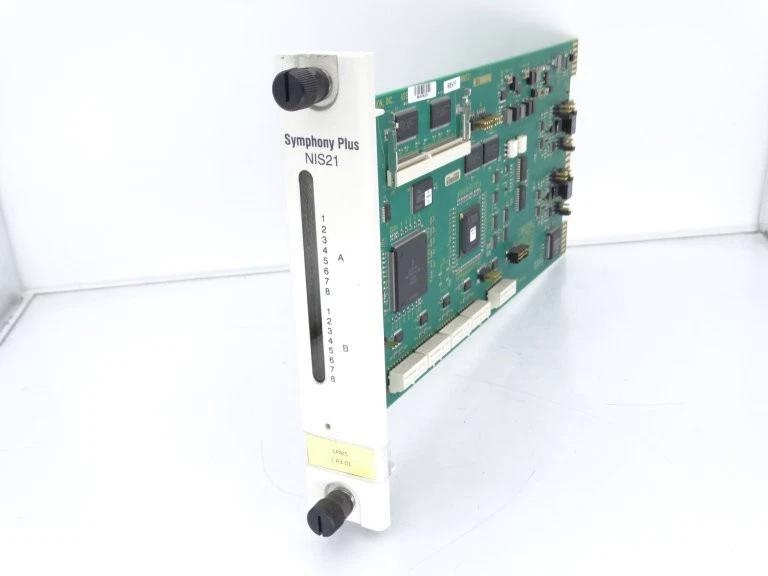

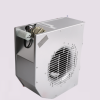
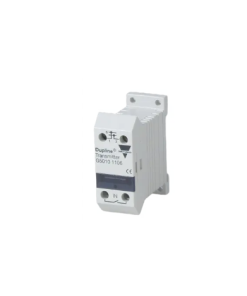
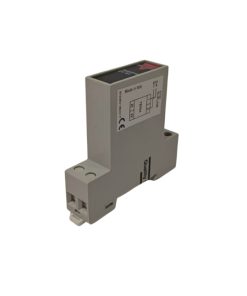
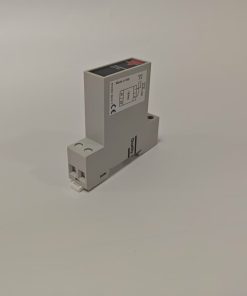
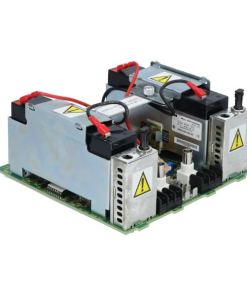
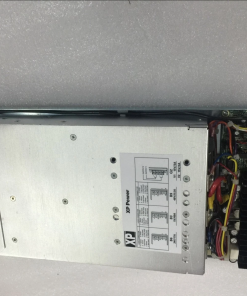
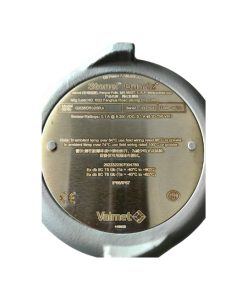
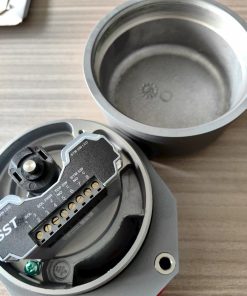
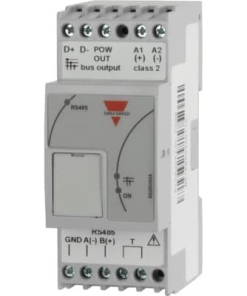
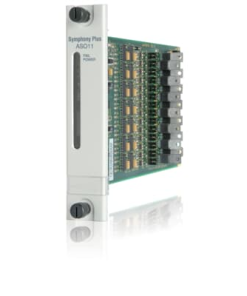
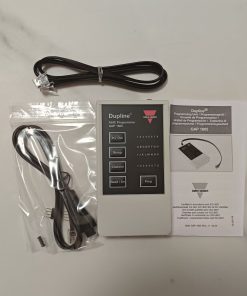
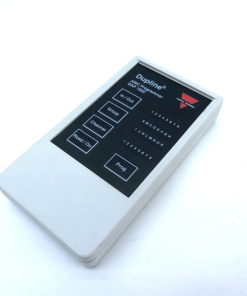
Reviews
There are no reviews yet.